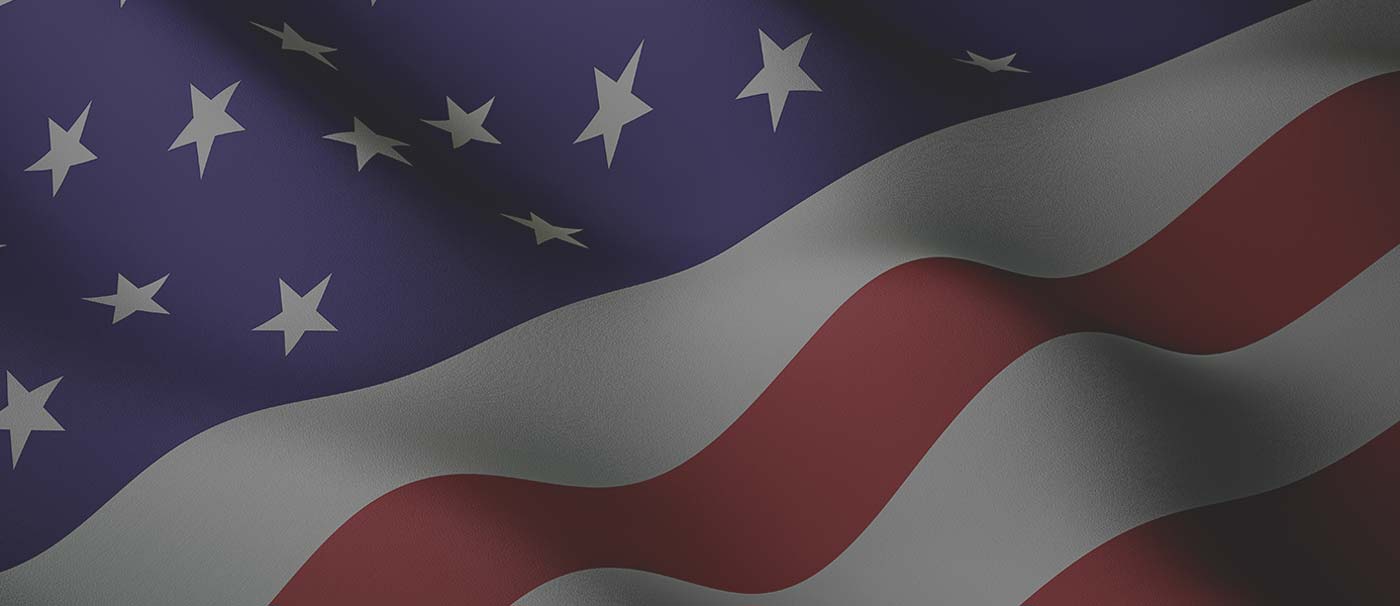Religious Liberty and the Current Healthcare System
Brief Overview/History
A. Medical Health Issues
- In a partisan vote, the Affordable Health Care for America Act (HR 3962), was passed by the 111th Congress in November, 2009. In December, 2009, the Senate passed an alternative bill called the Patient Protection and Affordable Care Act (HR 3590). The House of Representatives dropped their bill in favor of amending the Senate’s version and passed the Health Care and Education Reconciliation Act of 2010 during the reconciliation process. Today, the Affordable Care Act (ACA) is sometimes referred to as “Obamacare.” A 2016 survey found that since 2011, deductibles had grown at 10 times the rate of inflation and nearly six times as fast as wages. There have been six votes in Congress to repeal the ACA in its entirety, and over 50 other votes that have ranged from defunding measures that would have crippled the legislation, to delaying some of the provisions in the law.
- Highlights include both individual and employer mandates that require coverage. The employer mandate only affects those businesses with more than 50 employees. The ACA also contains a mandate requiring all private healthcare plans to cover, “preventative care services for women.” Christians and other faith-based groups have challenged this provision as it pertains to abortion, contraception, sterilization services, and other potential right-to-life issues. The Department of Health and Human Services (HHS) subsequently issued a ruling that stated all healthcare plans must include FDA-approved contraceptives, including those that would be considered as abortifacients. While the HHS ruling currently contains an exception for churches and their direct affiliates, there are no provisions for religious nonprofit enterprises or businesses. Noncompliance with the ruling can result in fines of up to $100 per day per employee. This ruling potentially impacts numerous religiously oriented businesses and organizations.
- A number of entities have filed lawsuits seeking relief and challenging the HHS mandate (e.g., Hobby Lobby, Little Sisters of the Poor, Notre Dame University, Conestoga Wood Specialties, Hercules Industries, etc.). The primary complaint of these plaintiffs is that the new healthcare law undermines one’s religious liberties, and in essence, allows the federal government to attempt forcing citizens to violate their consciences as a condition of running a business, holding a job, or obtaining a healthcare policy.
- There needs to be a national dialogue on the relationship between mental health treatment, faith, and values, especially as religious liberty and right of conscience issues continue to surface:
- Nearly 70% of those in crisis will first seek out their pastor, priest, or Rabbi.
- The core foundation of client self-determination needs discussion and advocacy.
- The legitimacy of faith-based and values-based referrals needs discussion and advocacy.
 National Strategic Center
National Strategic Center 
 Join the movement in your state
Join the movement in your state  For APCN Members
For APCN Members 








